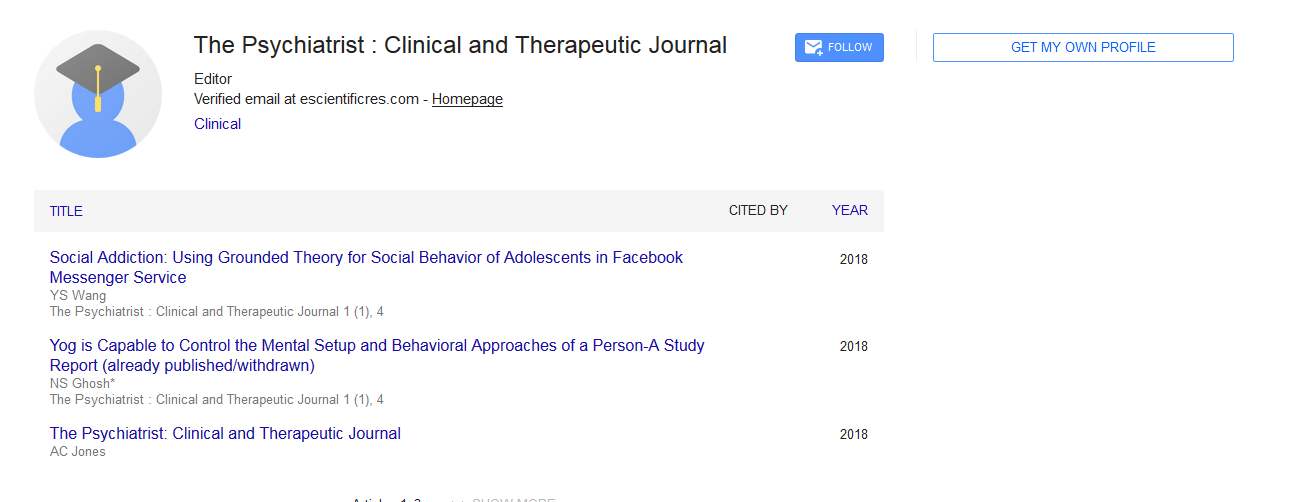Respiratory biofeedback training improves symptoms in Children with ADHD: Single Case Research
*Corresponding Author:
Copyright: © 2020 . This is an open-access article distributed under the terms of the Creative Commons Attribution License, which permits unrestricted use, distribution, and reproduction in any medium, provided the original author and source are credited.
Abstract
The purpose of this research is to investigate if respiratory biofeedback training can improve symptoms in children with Attention Deficit Hyperactivity Disorder (ADHD). The withdrawal design of single subject research was used in the study. Three children with ADHD were included in the study. Each child participated in a respiratory biofeedback training (one time per week, three cycles per time) within a period of four intervention by which animation and voice instruction participant to adjust respiratory rhythm. The heart (HRV) of participants was evaluated in trials. The results suggested that participant A and participant B who collaborated guidance intervention had an increase in parameter of HRV, Standard Deviation of Normal to Normal (SNDD) and Total Power (TP), and could maintain partial effects after the removal of respiratory training. However, there was no significant increments in LF/HF ratio in participant C due to having more abnormal heart rates. No significant differences in SNDD, TP and L participant B were attributable to non-collaboration on guidance intervention. In conclusion, the HRV parameters, biomarkers of autonomic function, can be raised follow respiratory biofeedback training, and the HRV samples were properly collected. Moreover, all the parents reported that participants reach an improvement in emotio respiratory biofeedback training.

 Spanish
Spanish  Chinese
Chinese  Russian
Russian  German
German  French
French  Japanese
Japanese  Portuguese
Portuguese  Hindi
Hindi 